Our Work & Programs
Our work is to increase access to cancer care, thereby decreasing mortality rates and increasing survival rates. For example, in Sweden, the five-year survival rate is 72%, but in Africa, it is just 24%. We have initiated our efforts in Africa, where we will continue to focus, but our scope also includes expanding to other regions. We plan to conduct pilot programs in various geographic settings and evaluate how our work can be adapted to suit specific circumstances. This will enable us to scale up sustainably while ensuring capacity building and long-term sustainability in access to cancer care. Our efforts are specifically focused on women-centered cancer care.
Our work includes awareness and prevention by collaborating with local governments, research institutions, development agencies, the private sector, and NGOs to combat cervical and breast cancer, two leading causes of cancer death in many countries, especially in Africa. We also focus on education and training, for instance, training nurses and midwives in cancer examinations and the use of innovative medical equipment to support cancer detection and examinations. Additionally, we educate radiation professionals to build clinical competence in radiotherapy, benefiting cancer patients. This work also includes supporting improvements in cancer care through the implementation and development of new tools, AI solutions, and models to scale up cancer care. We have two primary areas of focus in cancer care, as detailed below. Our work follow
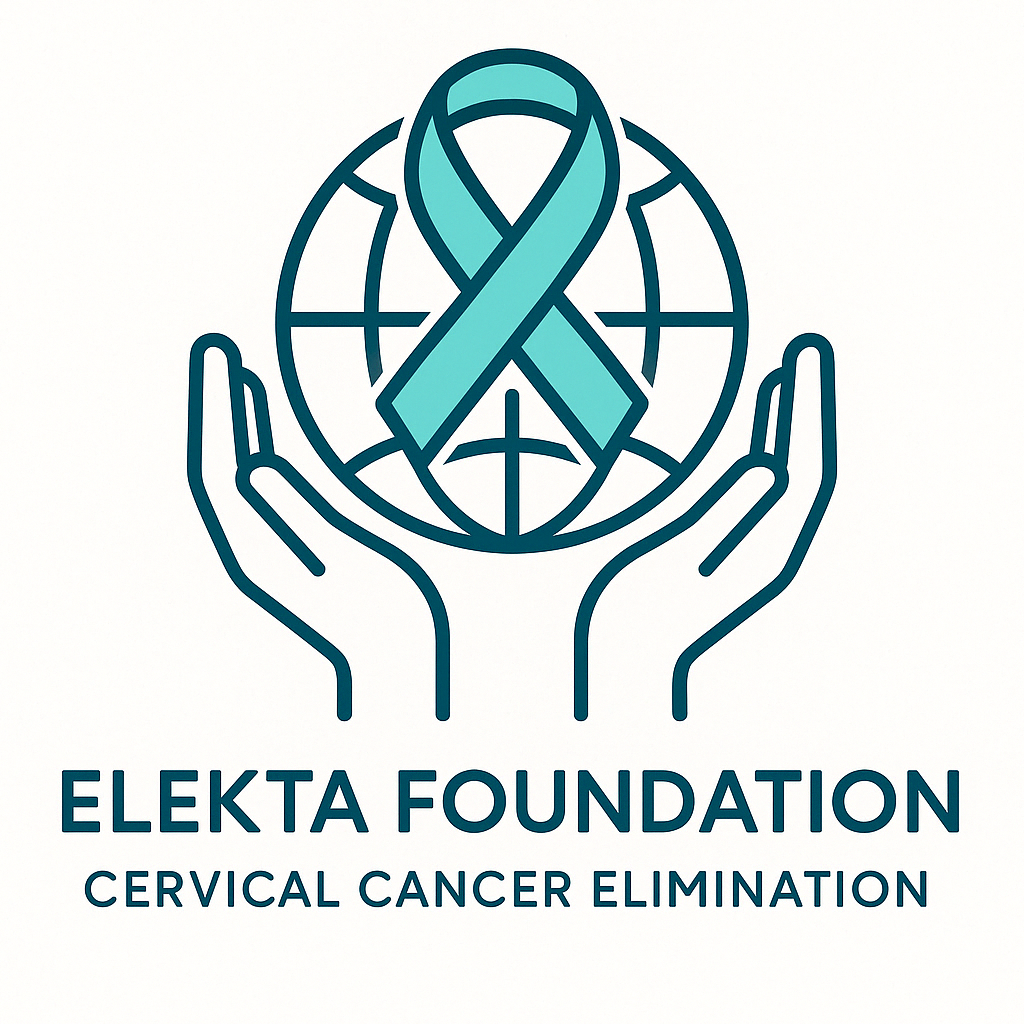
Cervical cancer is one of the leading causes of death among women in Sub-Saharan countries and around the world. Every two minutes, a woman loses her life to this disease, which is preventable and curable if detected early. As an experienced implementer, we, among other things, co-implement, co-design, monitor, and improve work efficiency with digital tools. We ensure fast and efficient screening of women and secure that women who test positive for HPV receive timely lab results and immediate access to follow-up examinations with treatment for pre-cancerous lesions at local health centers. Follow-up of treatment is conducted according to a decided patient plan overseen by a dedicated patient navigator. Women diagnosed with cancer are referred for biopsy and cancer treatment. Our work is based on well-developed and validated models and processes. The Elekta Foundation’s FAST model for cervical cancer elimination is recognized by the WHO
According to the WHO’s strategy for cervical cancer elimination, millions of women need to be screened for HPV, which causes cervical cancer in 99% of cases. The Elekta Foundation is focused on the elimination of cervical cancer by working with engaged partners who share our commitment to this critical mission.
Learn more about cervical cancer here.
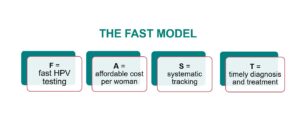
Read more about the FAST model.
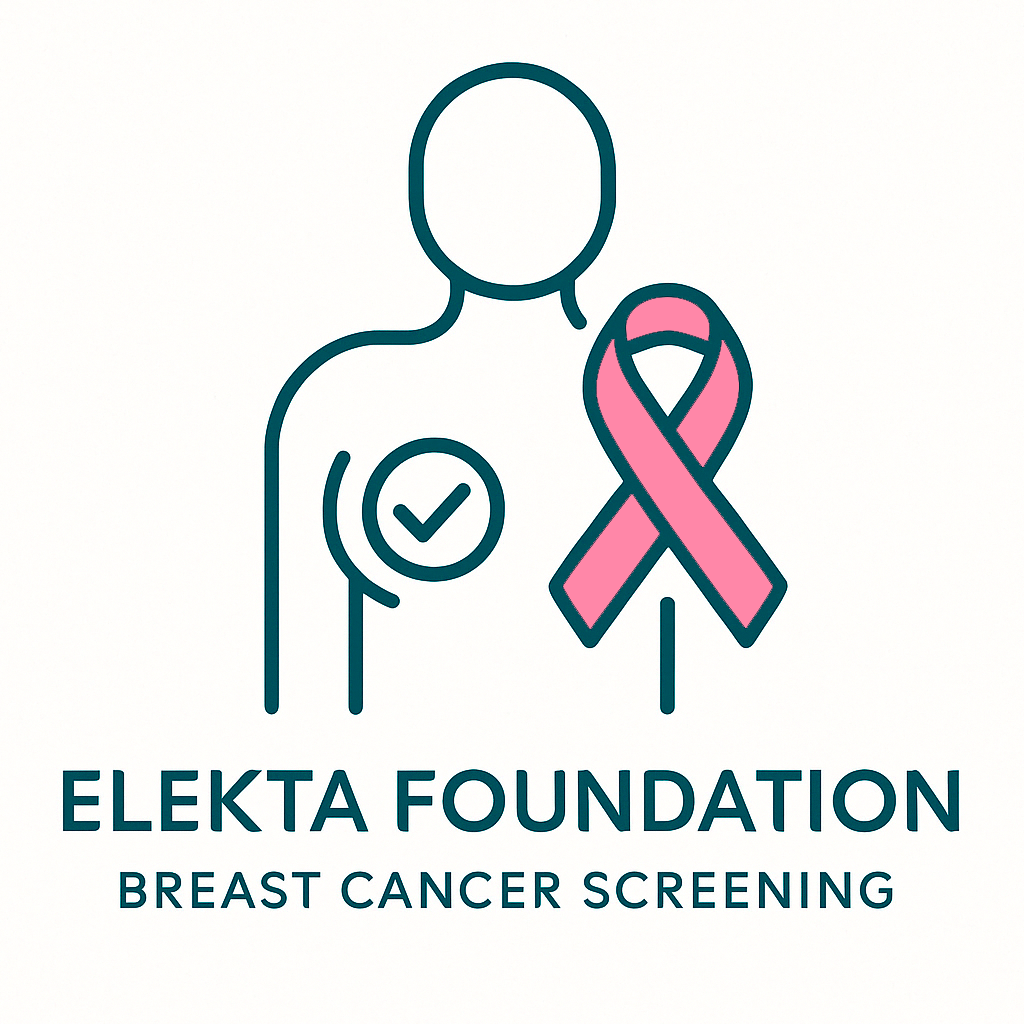
Breast cancer needs to be detected early, and regular check-ups are a must. Some years ago, the Elekta Foundation started with dual screening, which means that when a woman is screened for cervical cancer, a screening for breast cancer is also done. In low-resource settings, this approach allows breast cancer to be detected early and followed up with timely treatment. Nurses and midwives are trained in performing clinical breast examinations (CBE), and if something abnormal is discovered, women are referred for ultrasound and biopsy. By doing this, many women can be diagnosed with breast cancer at a much earlier stage, thereby saving lives. Screening and early detection are key.
Learn more about breast cancer here.
Clinicians and patients in low- and middle-income markets will benefit from the work of the Elekta Foundation and, through awareness and prevention, so will the general public in those regions. The Elekta Foundation will therefore be creating a sustainable difference to the future health and well being of people in these areas.
The three focus areas will prevent, treat, and cure many cancers in low- and middle-income countries. By educating and building competencies in radiotherapy, patient care throughput and the overall quality of cancer care can be improved.
Elekta Foundation already has five education programs underway with our academic partners. These will be delivered in a combination of virtual and in-person classes throughout 2022.
We believe everyone should have access to the best cancer care, no matter who you are and where you live.
We have ambitions to bring high quality and equitable cancer care to all regions in the world.
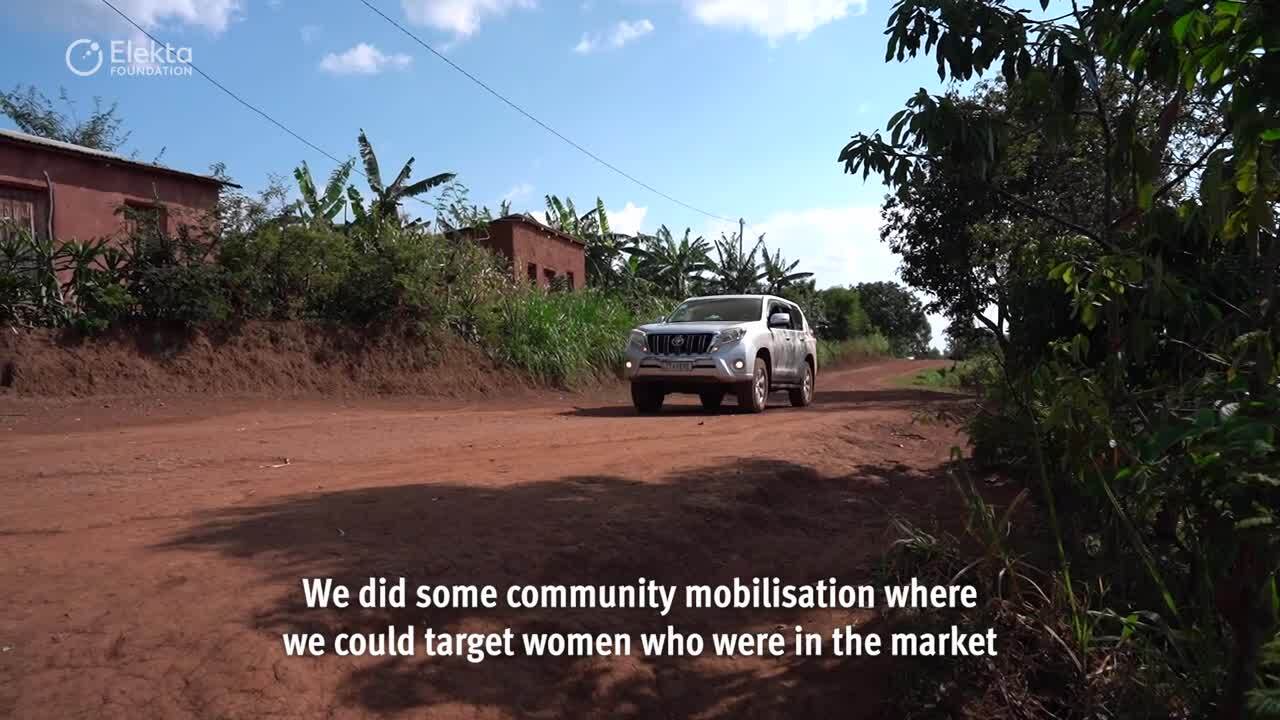
We started our work in Africa
Elekta Foundation started its initial efforts in Rwanda and will gradually expand, together with partners, into other countries in Africa and beyond. The knowledge that we gain from this pilot phase will allow us expand Foundation initiatives in surrounding countries, regions and, as quickly as possible, the rest of the world.
In radiotherapy, patient outcomes depend on how clinicians use their equipment and techniques. Unfortunately, there is a large knowledge gap in many countries. Some hospitals do have advanced treatment systems yet lack the expertise required to use them to their full potential and with the highest safety.
The lack of cancer centers, equipment and trained staff is a significant burden in many developing countries. In some cases there is not one facility in an entire region or there are only a few doctors in a whole country. The Elekta Foundation will work to develop new tools and models to scale up cancer care infrastructure. For example, by building a network of experts from more developed countries to provide services such as a second opinion and remote support, we can dramatically improve the volume of patients treated and the quality of care.
In collaboration with other NGOs and local governments, the Foundation will develop awareness and prevention initiatives. We know that the odds of surviving cancer are much greater when we diagnose and treat early. Therefore, early screening, detection and treatment are key. For example, we can prevent, treat and cure cervical cancer through vaccinations and early treatment. Radiotherapy techniques such as brachytherapy are very effective to treat early-stage patients. However, in Africa, cervical cancer still ranks as a leading cause of cancer death. We will strive to better educate policymakers, healthcare providers and the general public. The Elekta Foundation is developing partnerships and programs to join the fight to end this life-threatening cancer in Africa.
Addressing an unfortunate reality
Approximately 70 percent of deaths from cancer occur in low- and middle-income countries and the survival rates show great discrepancies. In Elekta’s home country of Sweden for example, survival rates for cancer patients are three times higher compared to patients in Africa.
When you consider that more than half of all cancer patients need radiotherapy, it’s jarring that 70 percent of all radiotherapy equipment is available to only 25 percent of the world’s population. We must address this imbalance. We believe the Elekta Foundation can help facilitate this change.
Main partners
The Foundation collaborates with key partners that acknowledge the importance of joining forces to tackle cervical cancer:

Rwandan Ministry of Health

Rwanda Biomedical Center

Rwanda Society for Family Health

Clinton Health Access Initiative (CHAI)
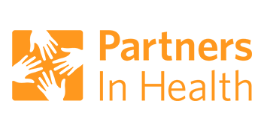
Partners In Health

Gynius Plus AB

Heza Initiative

African Center for Research on End of Life Care

Center of Excellence in Minimally Invasive Surgery

Rayos Contra Cancer
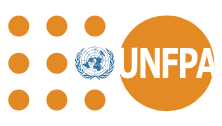
United Nations Population Fund
